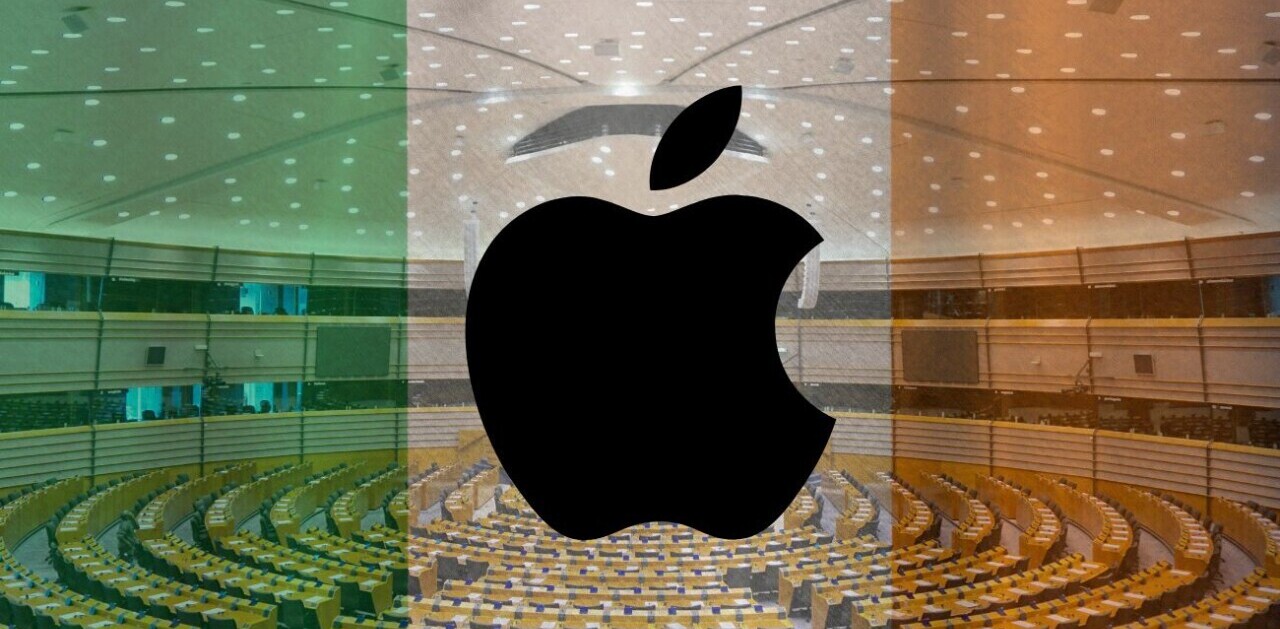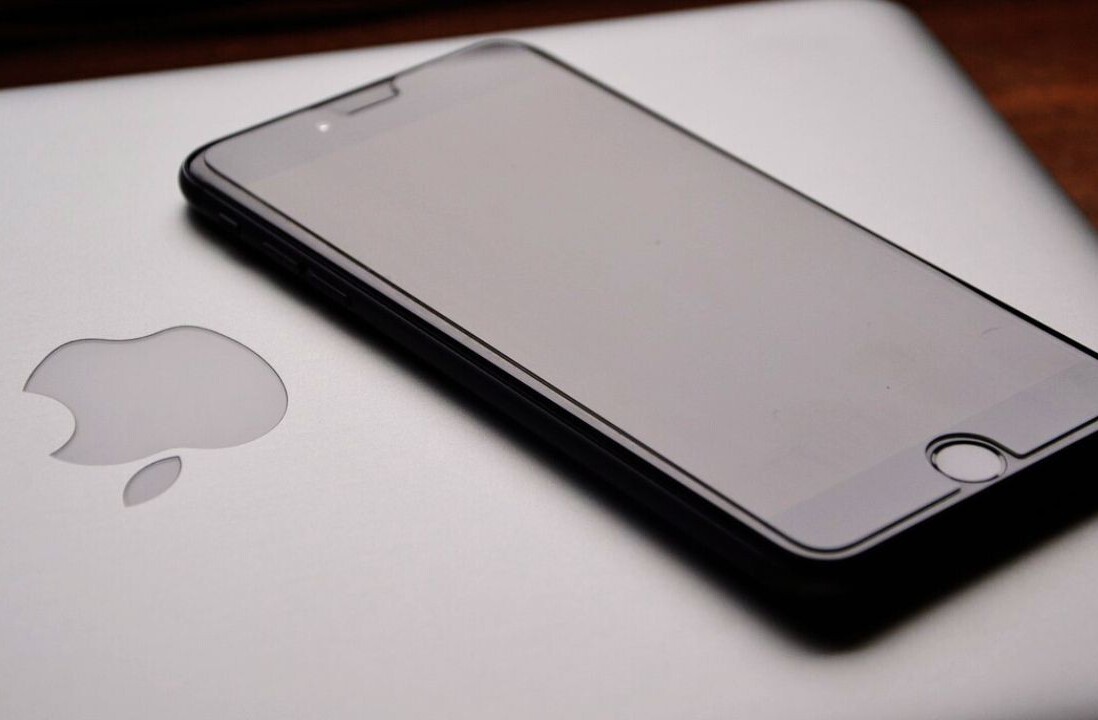
Apple has today filed a brief in opposition to the Department of Justice’s proposed ‘remedy’ in the ebook price fixing case. The statement speaks out against changes which the DoJ suggested earlier today, which would include prohibiting Apple from making certain pricing deals for 5 years and allowing publishers to link to their own stores for two years.
The opposition comes out strong right off the bat, calling the proposed changes ‘draconian’ and ‘punitive’.
Plaintiffs’ proposed injunction is a draconian and punitive intrusion into Apple’s business, wildly out of proportion to any adjudicated wrongdoing or potential harm. Plaintiffs propose a sweeping and unprecedented injunction as a tool to empower the Government to regulate Apple’s businesses and potentially affect Apple’s business relationships with thousands of partners across several markets. Plaintiffs’ overreaching proposal would establish a vague new compliance regime—applicable only to Apple—with intrusive oversight lasting for ten years, going far beyond the legal issues in this case, injuring competition and consumers, and violating basic principles of fairness and due process. The resulting cost of this relief—not only in dollars but also lost opportunities for American businesses and consumers—would be vast.
Apple also directly calls out the way that the proposed changes would affect the way that apps in the store work. “…Plaintiffs’ proposal would dictate terms for e-book retailer apps available through the App Store and regulate Apple’s dealings with app providers, as well as in several other content markets,” the statement reads. This is in response to instructions in the DoJ’s filing that would have Apple allow Amazon and other ebook sellers to post links to books inside of their apps. Currently, Apple does not allow app makers to do this.
“Plaintiffs’ proposed injunction would require Apple to carve out an exception to its blanket rule—applicable to the more than 850,000 apps in the App Store—that a commission applies to in-app sales of digital goods,” says Apple, “and it would allow e-book retailers to make such sales commission-free.”
Apple argues that the regulation of its App Store isn’t connected to the court’s findings in the ebook case, or the evidence presented at trial.
“Apple is under no duty to allow other retailers to offer apps on the iPad in the first place, much less on terms that subsidize their operations,” the argument says. “Nevertheless, Apple allows all e-book retailer apps that are compliant with its policies—including those offered by Amazon, Barnes & Noble and other competing e-book retailers—to be offered in its App Store. It also permits consumers to download e-books purchased through another e-book retailer’s website or bookstore onto its e-reader devices without charge.”
There is also reference to a section of the DoJ’s remedy that states that Apple would be prohibited from entering into or maintaining “any agreement with any E-book Publisher or supplier of any other form of content (e.g., music, other audio, movies, television shows, or apps) where such agreement likely will increase, fix, or set the price at which other E-book Retailers or retailers of other forms of content can acquire or sell E-books or other forms of content” for the entire ten-year period of the judgment. [emphasis Apple’s]”
This section would theoretically imply that Apple would be forced to connect any changes made in the way that it struck deals with other content providers in the music, movie and TV industries. Obviously, Apple is pretty unhappy with this, calling it an ‘absurdly broad proposal’.
The filing also says that the proposed changes would make the agency model completely unavailable to Apple, even after publishers consent decrees expire. This would provide its competitors with an unfair advantage. Apple calls for a remedy that is ‘carefully tailored’ to the ‘alleged violation’ rather than a “sweeping mandate, disconnected from the issues, evidence, and arguments in this case, that would hurt competition rather than foster it.”
The ten-year span of the DoJ’s proposed terms is also cited as something that will chill competition in the ebook business. The business is extremely young, argues Apple, and notes that 2 years is twice the length of Apple’s 1 year agreements with publishers. Apple also argues that “technology changes quickly, and the technology at issue in this case will likely be obsolete before the ten-year term expires.”
Apple summarizes its arguments against the proposed remedy in a series of points.
- An Injunction Is Unnecessary Because Plaintiffs Have Already Achieved Their Legitimate Remedial Objectives
- The Proposed Injunction Terms Are Unnecessary, Overbroad, Vague, and Punitive
- A Ten-Year External Compliance Monitorship Would Be Unprecedented and Unwarranted
In the end, Apple feels that the conduct that caused the court to find against it in the first place can no longer occur, as all of the publishers have signed consent decrees that prevent them from entering into these kinds of contracts. However, it does propose that — if the court so pleases to issue an injunction — it should be much narrower in scope.
Here are the things that Apple proposes:
- Reasonable limitations on Apple’s ability to share information (akin to the publishers’ consent decrees…)
- A prohibition, tracking the publishers’ consent decrees, on retail price MFNs [Most Favored Nations] in agreements with the publisher defendants
- Reasonable antitrust training obligations for Apple, lasting a reasonable term.
“No further relief can be justified under the legal standard governing antitrust injunctions or the Constitution,” it concludes.
The whole statement is embedded below.
More to follow
Get the TNW newsletter
Get the most important tech news in your inbox each week.




